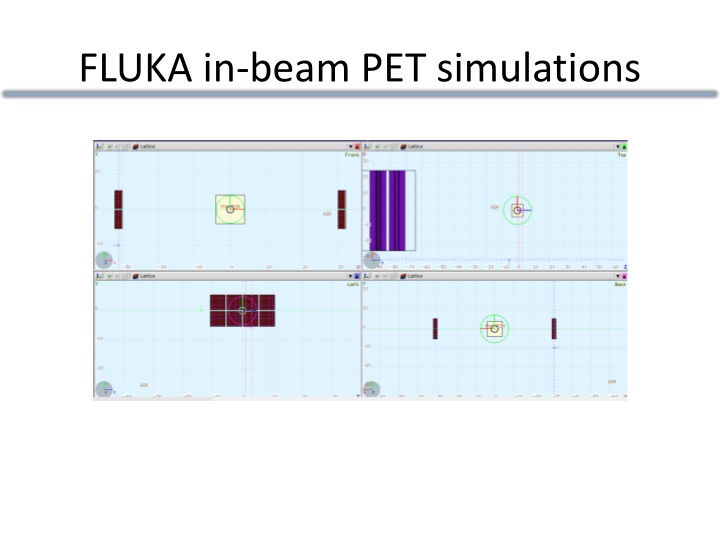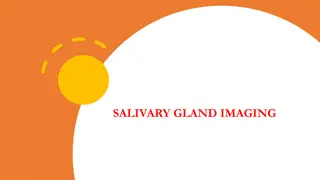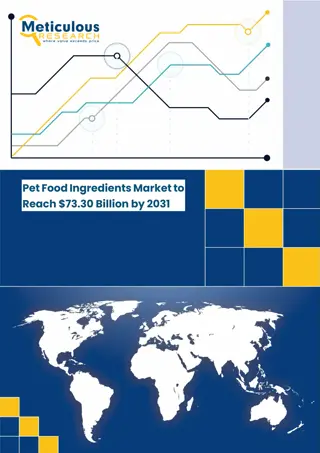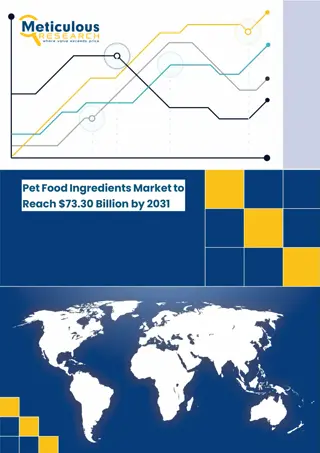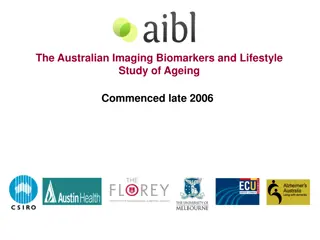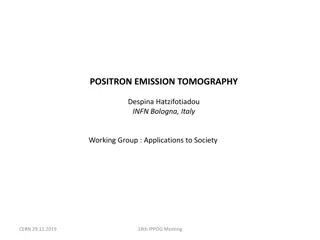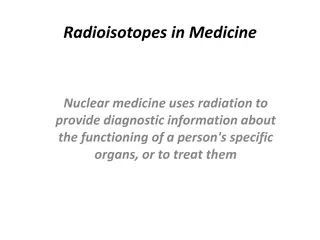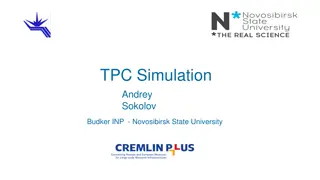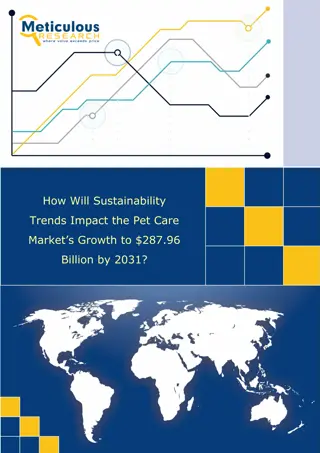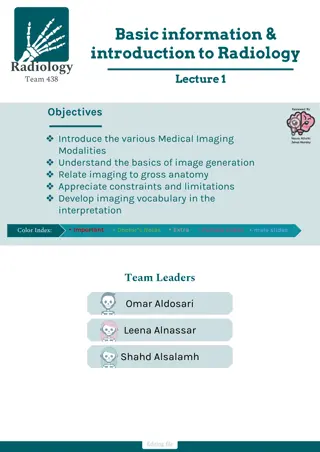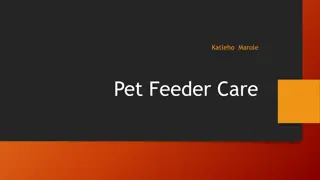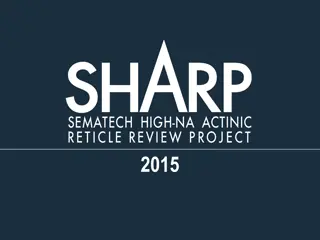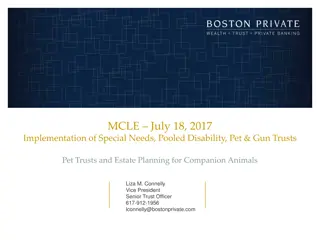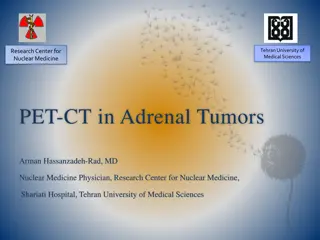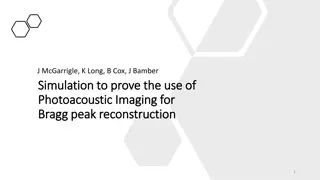Advanced Imaging Simulations for Hadrontherapy and PET Procedures
Explore advanced FLUKA in-beam PET simulations and Hadrontherapy activity-based generator for precise treatment planning. Speed up simulations using cloud computing and bias activity-based generators for faster workstation processing. Understand components needed for hadrons treatment simulation, including spatial and time sampling, activity distribution, and photon pair generation. Enhance image reconstruction and explore alternative positron generation methods for more complete physics simulations.
Download Presentation

Please find below an Image/Link to download the presentation.
The content on the website is provided AS IS for your information and personal use only. It may not be sold, licensed, or shared on other websites without obtaining consent from the author.If you encounter any issues during the download, it is possible that the publisher has removed the file from their server.
You are allowed to download the files provided on this website for personal or commercial use, subject to the condition that they are used lawfully. All files are the property of their respective owners.
The content on the website is provided AS IS for your information and personal use only. It may not be sold, licensed, or shared on other websites without obtaining consent from the author.
E N D
Presentation Transcript
FLUKA in-beam PET simulations Speed up the simulation Bias Activity based-generator Faster workstation Cloud-computing
FLUKA in-beam PET simulations Speed up the simulation Bias Activity based-generator Faster workstation Cloud-computing
Hadrontherapy activity-based generator Needed components Hadrons treatment simulation Activity scoring with time tagging SOURCE.F file for photons pair generation Post-processing Image reconstruction
Hadrontherapy activity-based generator Needed components Hadrons treatment simulation Activity scoring with time tagging SOURCE.F file for photons pair generation Post-processing Image reconstruction
Hadrontherapy activity-based generator Needed components Hadrons treatment simulation Activity scoring with time tagging Spatial sampling Time sampling (spills?) Activity distribution vs annihilation points distribution per nucleon Pairs generation vs positrons generation
Hadrontherapy activity-based generator Needed components Hadrons treatment simulation Activity scoring with time tagging SOURCE.F file for photons pair generation Post-processing Image reconstruction
Hadrontherapy activity-based generator SOURCE.F file for photons pair generation Spatial and time sampling of activity, simple pairs generation Input file contains 4D spatial sampling With REAL*4 for 100x100x100x300 voxel the memory used is 1.2 GB Alternative: activity sampled per nucleon Input file contains different data per emitter Positron generation instead of pairs -> More complete physics
Hadrontherapy activity-based generator SOURCE.F file for photons pair generation Random direction generation
Hadrontherapy activity-based generator SOURCE.F file for photons pair generation Sample-based activity distribution Rejection method implemented: picked 4 coordinates random within the input sampling Rejection method with the fifth number picked no Activity distribution ok
Hadrontherapy activity-based generator Results: full proton treatment simulated in about 1h10 Deadline per fare la prima ricostruzione: 15 Ottobre 2014
